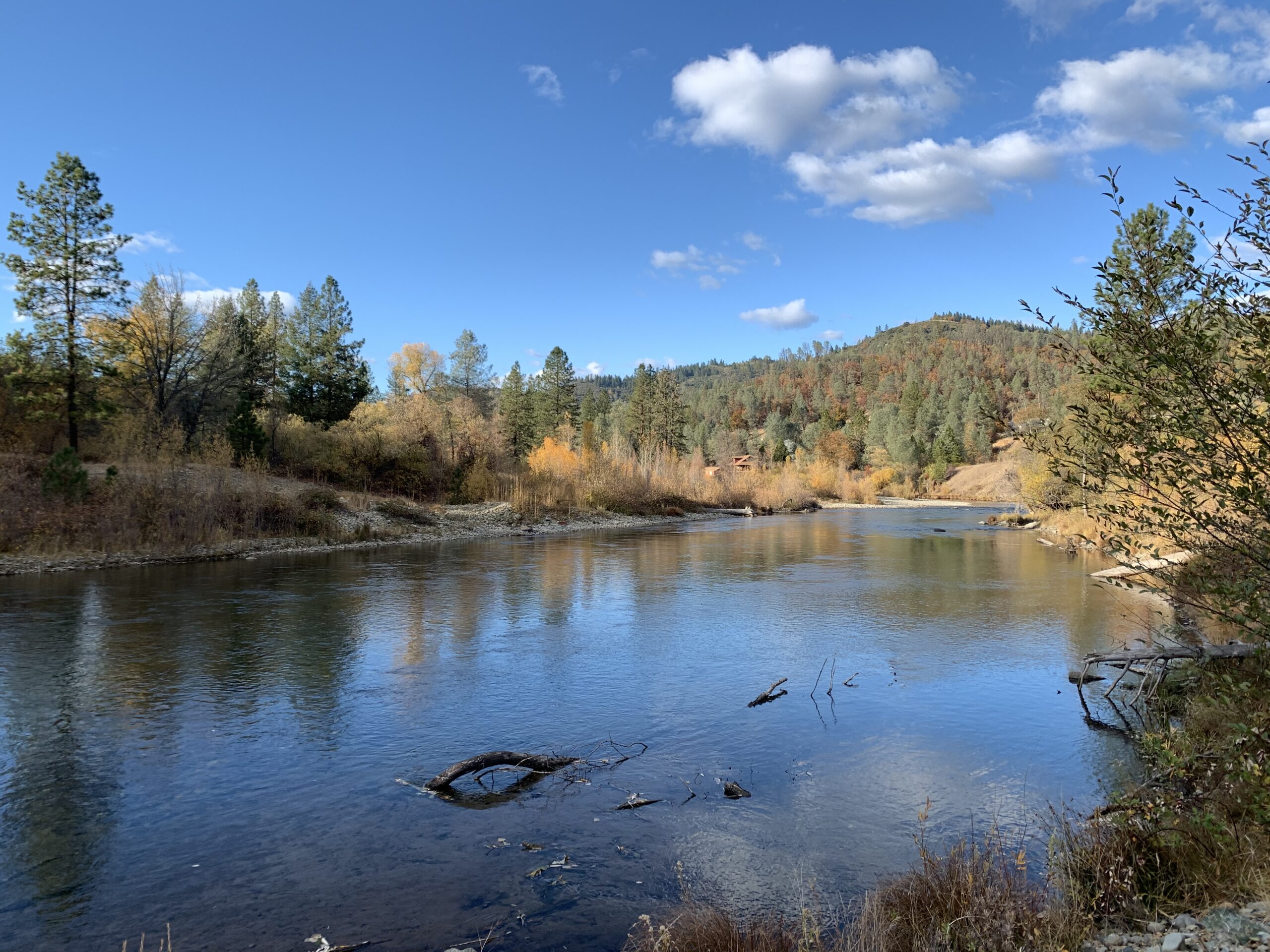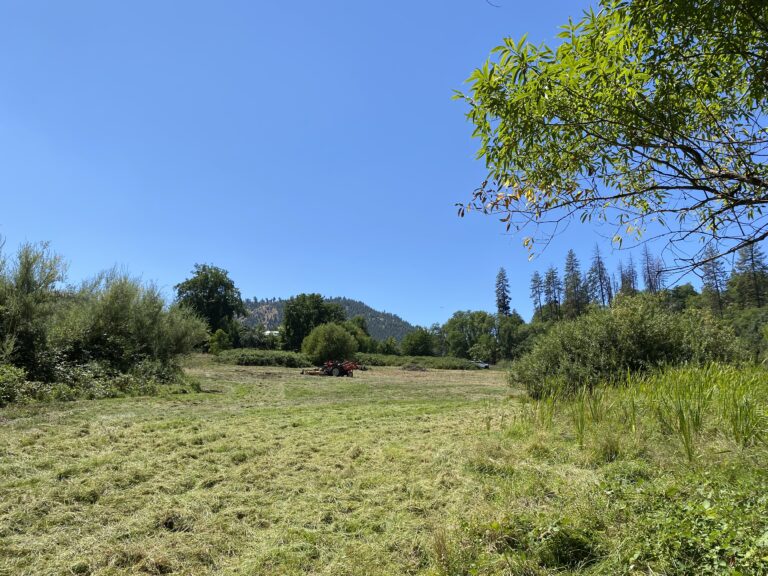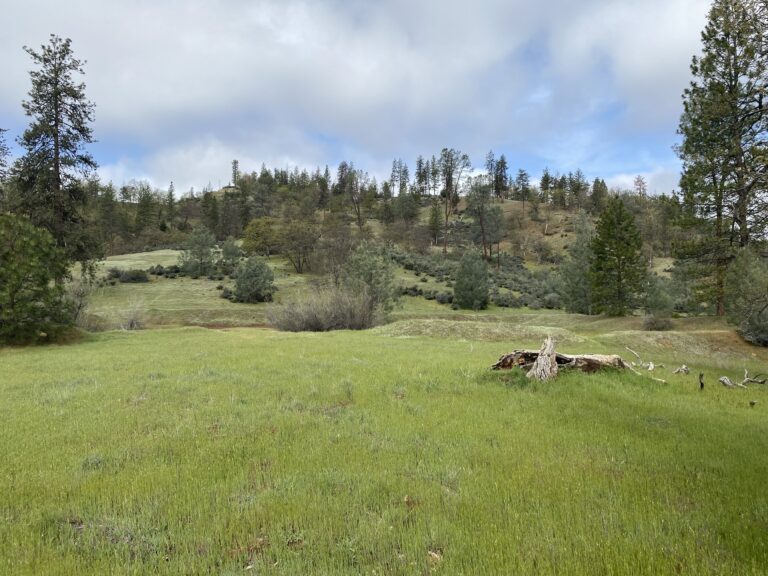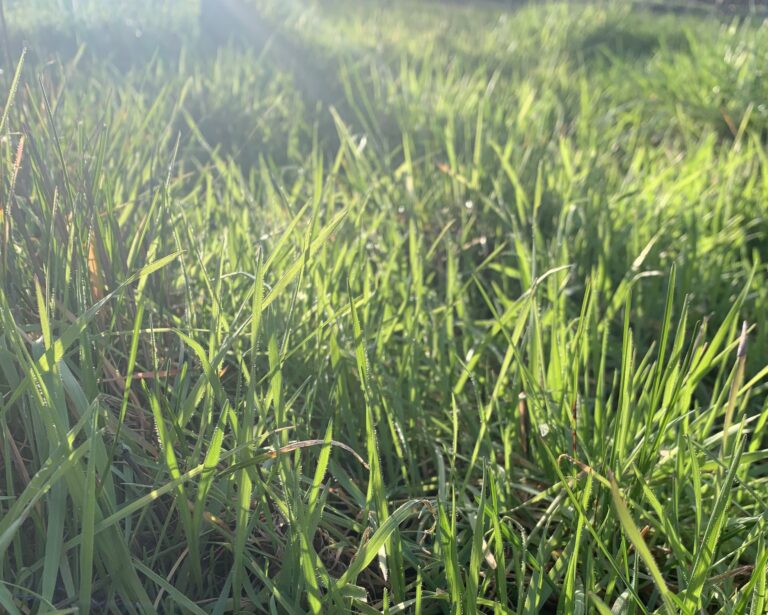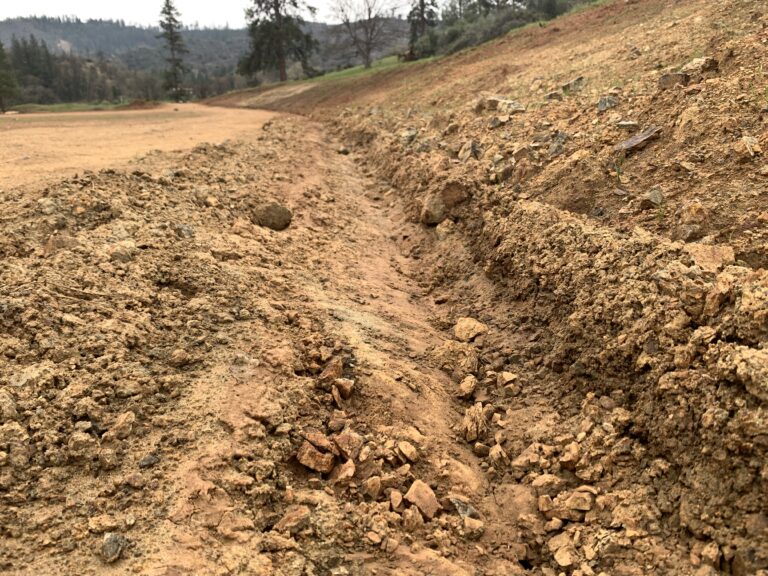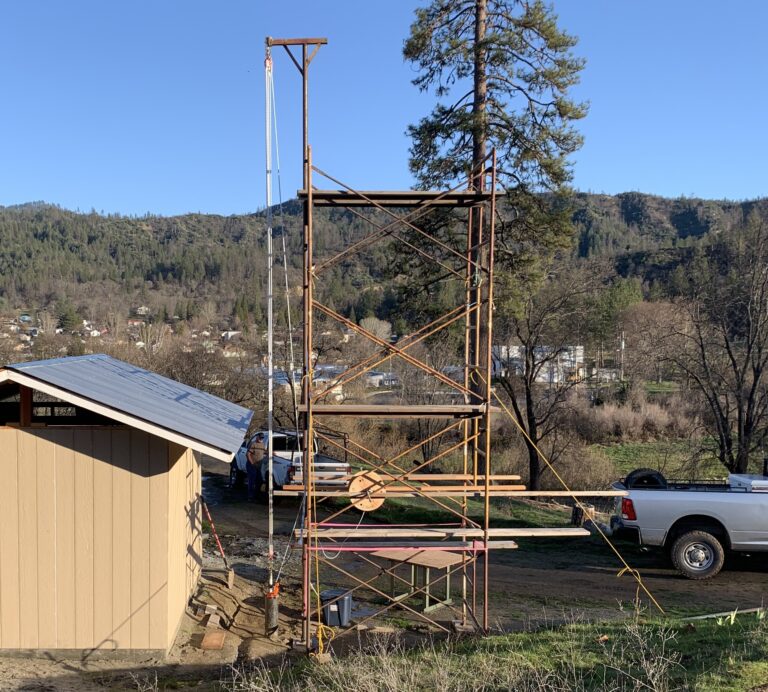Best Water Source for Your Homestead
If you are thinking about buying raw land to start your homestead, or have recently bought undeveloped property, you may be wondering what the best water source for your homestead is. While there are five main categories of water sources, they aren’t all safe (or practical) for drinking water.
The three most common water sources for raw land that we’re going to cover in this post are: municipal water supply, groundwater, and surface water. We’ll also highlight some of the benefits and drawbacks of each. Hopefully, this will help you determine the best water source for your homestead. Also, we’ll explain why we chose the water source that we did for our property.
Municipal
Municipal water is a public water system. This is the most common type of water source for neighborhood developments and suburbs. However, it could also be an option for an undeveloped property, depending on where the property is located. If the land is within city limits and there are parcels nearby that are on city water, it might be an option for your property as well.
The benefits of municipal water supply are that it’s reliable and you aren’t responsible for maintenance. A major downfall of public water is that it’s treated. Treatment utilizes processes that usually involve chemicals and disinfectants. Another drawback is the monthly usage charge. So for the homesteader, costs can really add up! Depending on your municipality, hooking into the system can also cost several thousand dollars. For us, the cost was going to be around $7,000. That figure did not including the plumbing from the public road all the way to our home site.
Every water system differs in costs and treatment methods, so it may be worth looking into if you are within the service area for your municipality. If your property is too remote for this option, not to worry! There are two other main types of water sources for raw land.
Surface water
Surface water is water that collects on the lands’ surface, forming terrestrial bodies of water such as lakes, rivers, streams and ponds. Shallow wells and springs are also types of surface water.
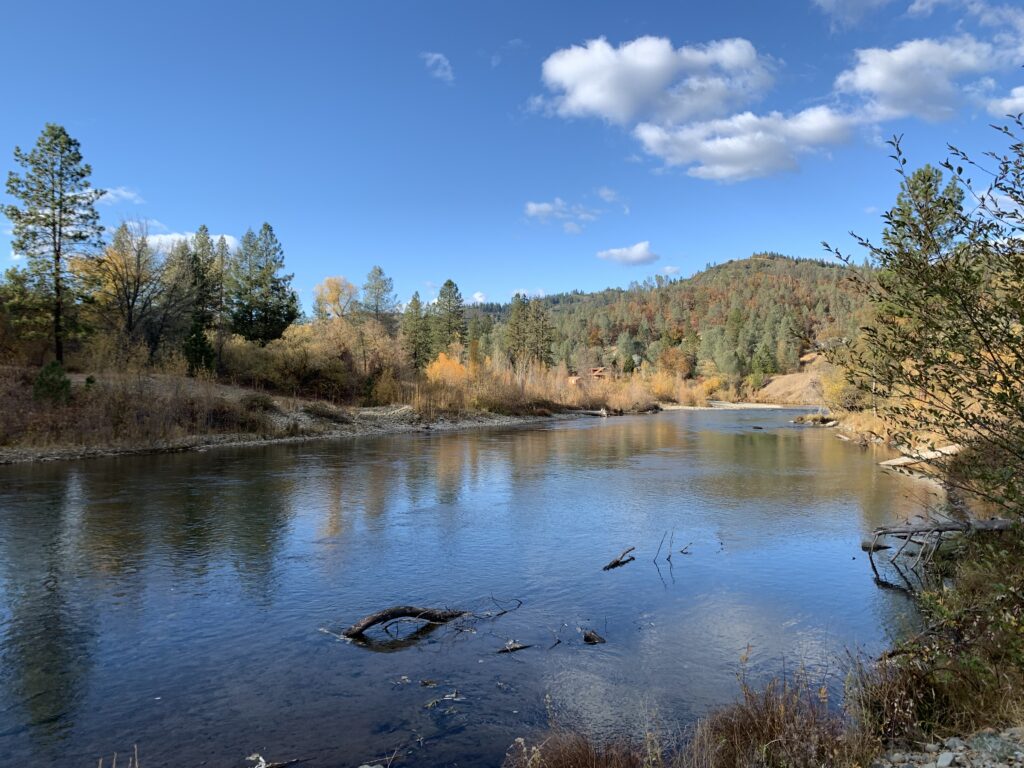
The main benefit to utilizing surface water is that it’s usually naturally occurring on the property, so it usually costs less to develop. One downside is that many surface water sources aren’t all that reliable year-round in many climates. For example, a spring that is very productive in the wet season could reduce down to a trickle in the dry months.
Another drawback is that surface water is frequently contaminated due to sediment and bacteria. Filtration and treatment steps would be required in order to use surface water in your home, and depending on the system, could be costly.
However, surface water can be a great option. Many people in our area that own riverfront properties have a seep well, which is a shallow type of well along the rivers’ edge. The water is filtered through several steps before entering the home, including a sediment filter and usually a UV light filter to eliminate bacteria. The benefit to this system is that water is abundant. The downside, at least in my opinion, is that it’s not the cleanest water source.
Each property has its unique features, so utilizing surface water could be a great option for a property with a productive and reliable natural water source. It’s probably not the best option for a property with a low-producing spring or creek, however. And obviously, this wouldn’t be an option for a property with no natural surface water source. If this is your property, read on for our third and final water source for homestead properties.
Groundwater
Ground water is water that is located beneath the Earth’s surface, between rock and soil. The most common way to access ground water, at least for residential use, is by drilling a well.
The uncertainty of drilling a well is probably the biggest drawback. Especially when taking the cost into account. Usually, well drillers will charge per foot drilled, along with additional costs such as materials. Well drilling can get pricey quickly. Especially if you run into unforeseen circumstances or have to drill deeper than planned.
However, there are some major benefits to drilling a well. For one, in general, the deeper the water source, the cleaner it is. Ground water has less of a risk of contamination than surface water. Of course, there are some exceptions – naturally occurring minerals and compounds can affect water quality, and there is a risk of contamination in certain areas. Your county will have guidelines and regulations on where you drill and how you seal your well to reduce the risk of contamination.
Another benefit of drilling your own well is that you control the filtration measures. This means that your water isn’t subjected to the chemical treatments that municipal water goes through. Having your independent water system also means that you don’t have a monthly charge based on usage. You pay for the initial cost of the well and maintenance; but if you have a large garden, livestock, and pasture to irrigate, it may end up being more cost effective over the long run.
Why We Chose to Drill a Well
We chose to drill a well for several reasons, but the two key factors in our decision were: one, our desire to have non-treated water; and two, greater independence and self-sustainability. Also, with 10 acres, the monthly usage fees could really add up! We did end up paying more for our well than we had hoped, but with over 40 gallons per minute productivity, it was worth it for us.
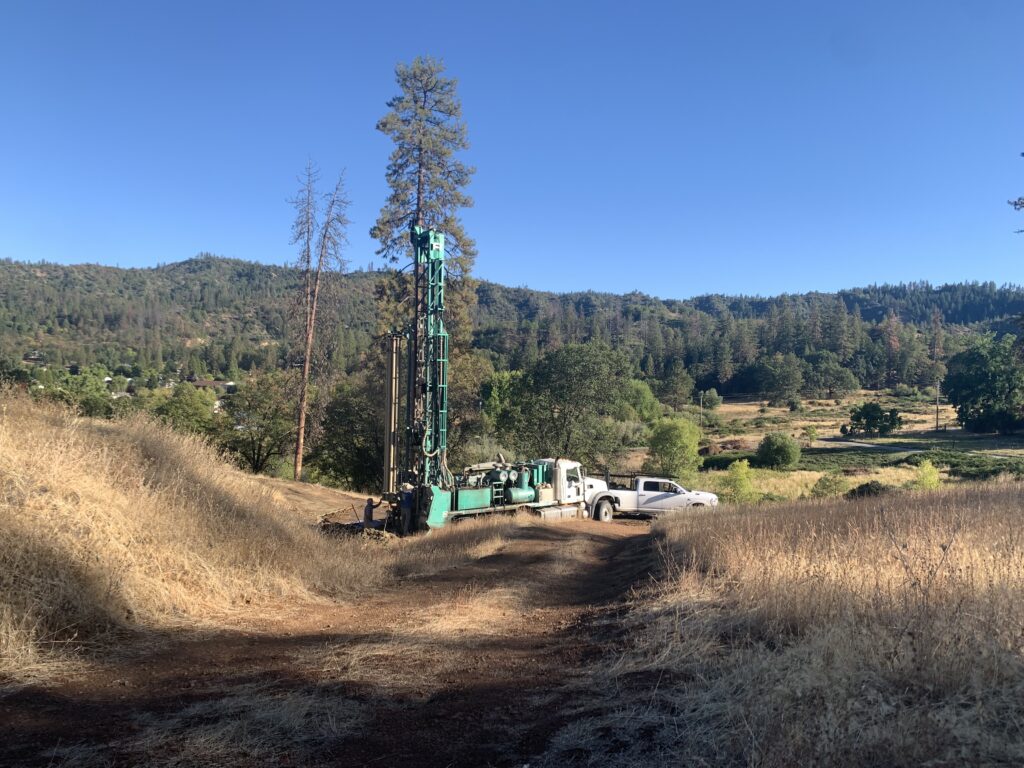
As you can see, determining the best water source for your homestead is dependent on several factors. The natural features of the property, proximity to municipal supply, climate, and your goals can all impact your decision. Ultimately, the best water source for your homestead is the one that can support your needs.
I hope this post was helpful in reviewing some key features of the different water sources and highlighting some important factors to consider what water source is best for your homestead. If you have anything to add, please comment below. Thanks for reading!

